Fringe Legal #8: What determines progress / Andrea Miskolczi on Innovation / Why deep reading clubs are rad
Here are five things that were worth sharing this week:
1. Think
What determines progress? As I ponder the idea further, I'm thinking about: what is progress? What contributes to short-term progress, and what to long-term progress?
These are deep questions, and I don't have great responses, but where I keep landing is:
- Your skills and technical competence largely govern short-term progress. These are competencies you have already or could easily pick up quickly. This is where being "good" (whatever that means) at broader skills has an advantage because it can be applied to more extensive problems.
- Long-term progress comes from the deliberate focus on the right problems and asking the right questions.
Opportunity vs. problem-solving?
The broader question becomes when faced with what to focus on next - should you spend time on opportunities that are visible to you now, or work on solving the most significant problems [within your niche]?
2. LISTEN
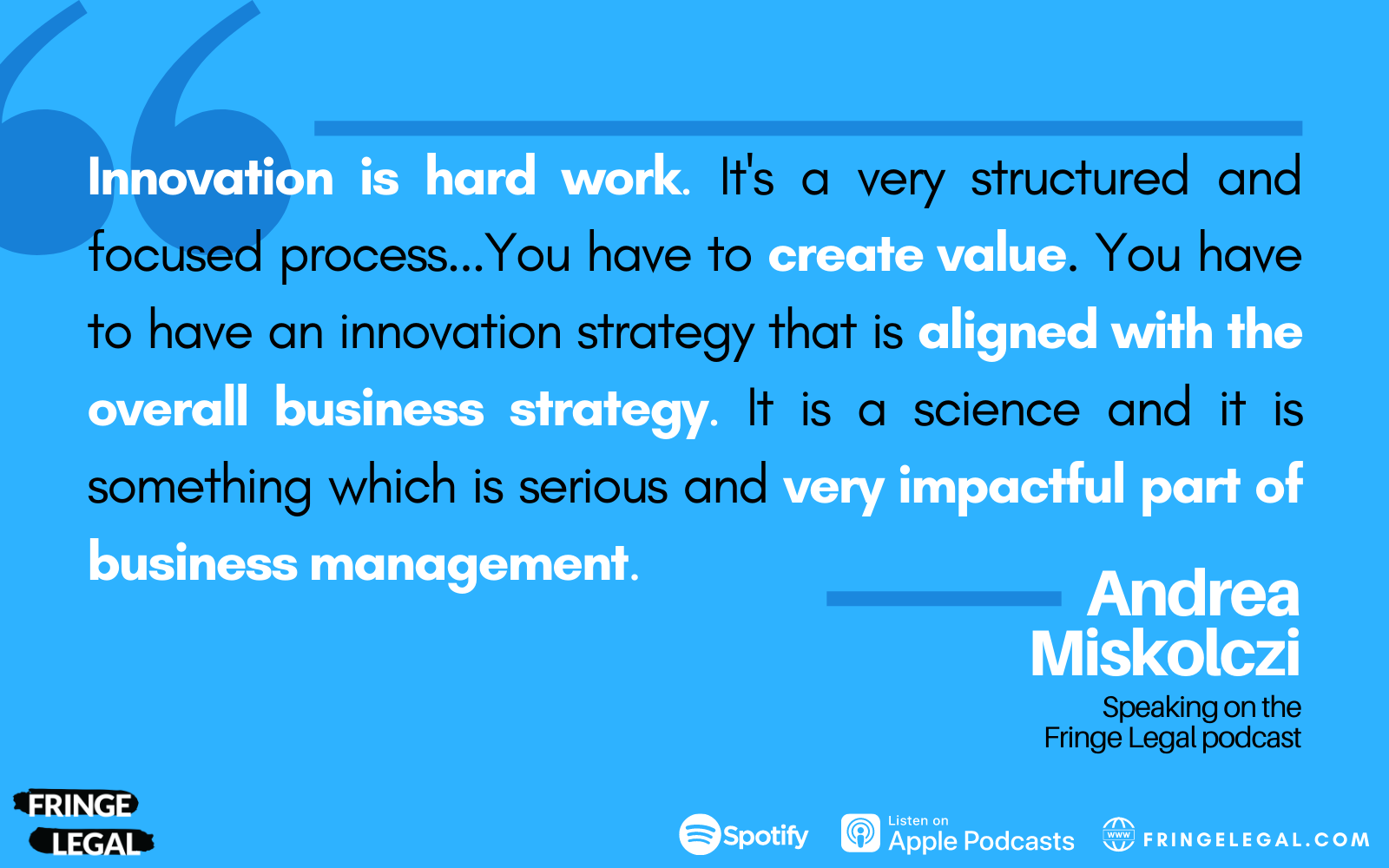
This week I published my conversation with Andrea Miskolczi - a transactional lawyer and visionary leader. She focuses on combining digitalization with human potential.
In less than 30-minutes we covered (taken from Andrea's post):
- aligning your innovation strategy to the overall strategy, remuneration, and business development efforts;
- digitization, why every single lawyer should understand the main trends, and why actually every client cares about you using technology;
- the necessity of visionary leadership, culture, psychological safety for innovation; and,
- technology adoption by lawyers (change is difficult) compared with vegetable adoption by Andrea's daughter (change is very difficult).
Listen to the full episode here
3. WATCH

A few weeks ago I spoke with Debbie Epstein Henry. Debbie is the Founder of DEH Consulting, a speaker, and an author. In 2011, Debbie co-founded Bliss Lawyers to employ lawyers in temporary roles for in-house and law firm clients and her company was acquired by Axiom earlier this year. She is an Executive Consultant with Axiom.
During our chat we explore her story, lessons learned from building a virtual firm, managing work-life balance, and a general exploration of the future of the legal culture.
4. IDEA
I stumbled across a Twitter thread that describes why deep reading clubs are "f*****g rad." Having never heard of a deep reading club, I was intrigued. Here's how it works:
Someone chooses a book & invites a group to read it. You read together aloud, taking the time it takes to read & absorb the text. You annotate the text together, then your annotations become the catalysts for whatever conversation comes next.
The two features that stood out were:
- Not having to read ahead of time - no homework. "All the context is built during the event."
- The focus on questions
The thread is an excellent resource where Freyja describes the entire process, from rules to book selection to running the meetings and some unexpected benefits.
If anyone is interested in trying this, please let me know.
5. TOOL
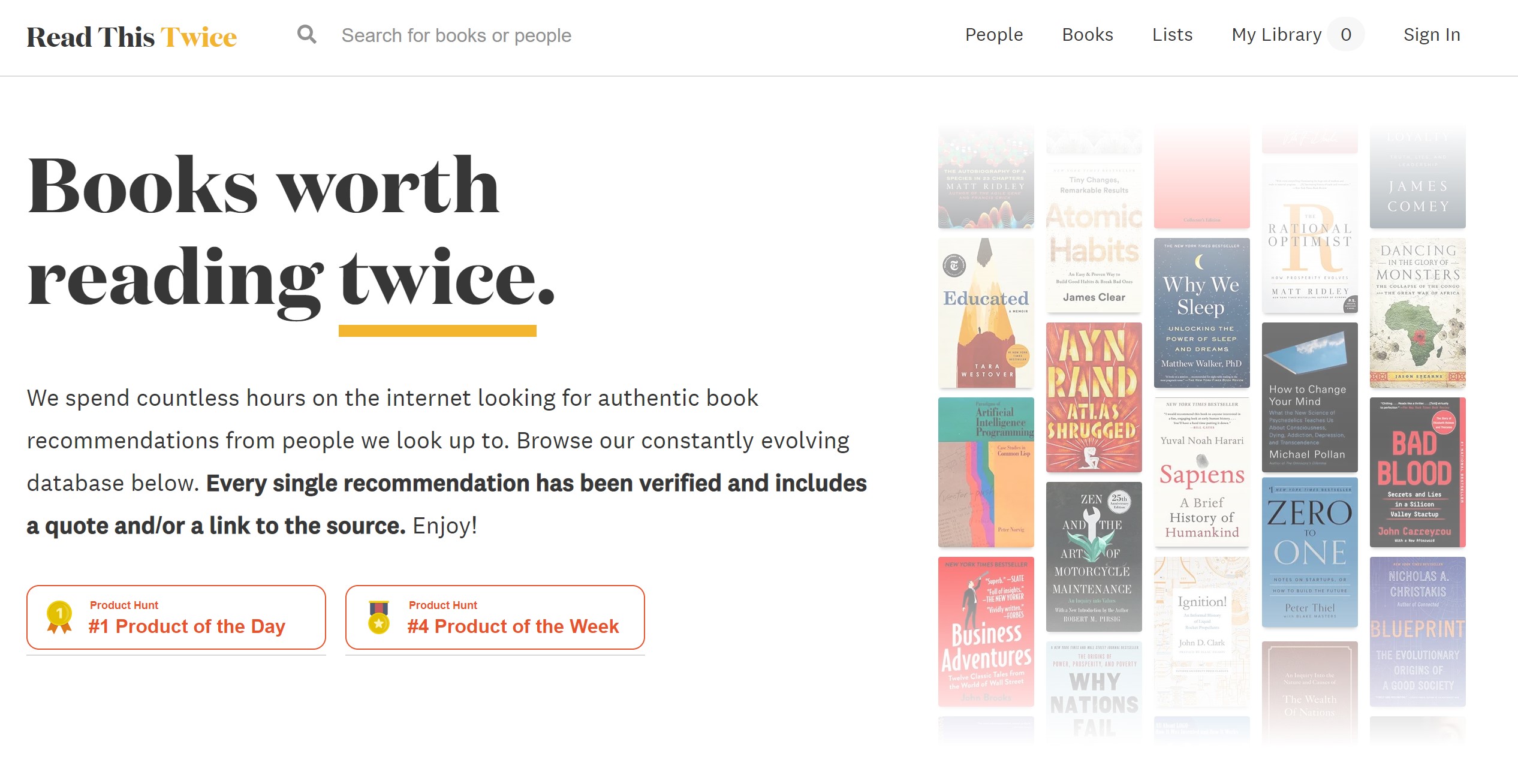
Read this Twice provides lists of book recommendations by famous people. Coincidentally related to the idea above, perhaps this will provide a source of inspiration on what to read next.
Here's the description from their website:
"We spend countless hours on the internet looking for authentic book recommendations from people we look up to. Browse our constantly evolving database below. Every single recommendation has been verified and includes a quote and/or a link to the source".
Have a look at Read this Twice
Until next time. Stay well.
Ab
Want to say 'hello'? Find me on LinkedIn.



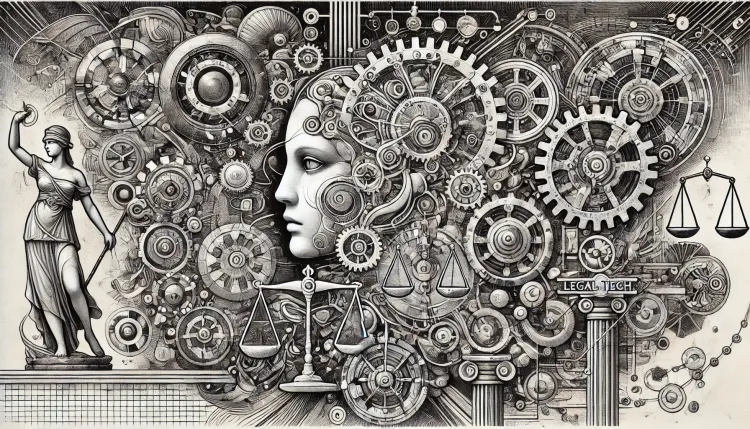
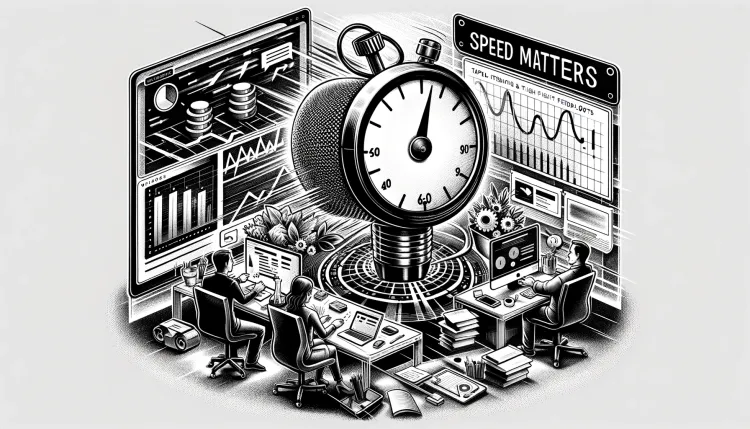
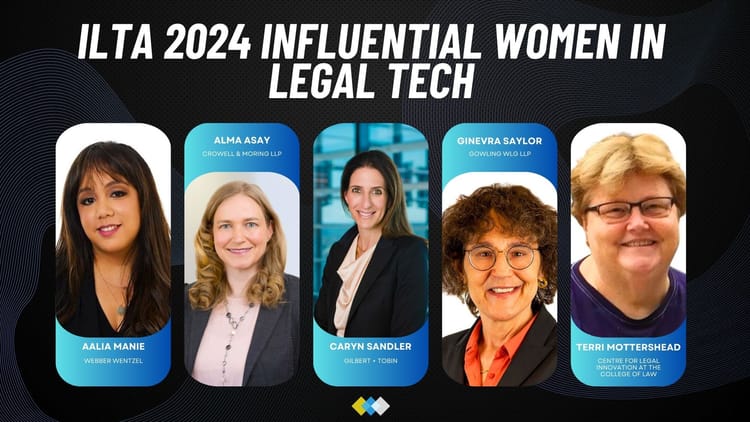
Become a Fringe Legal member
Sign in or become a Fringe Legal member to read and leave comments.
Just enter your email below to get a log in link.